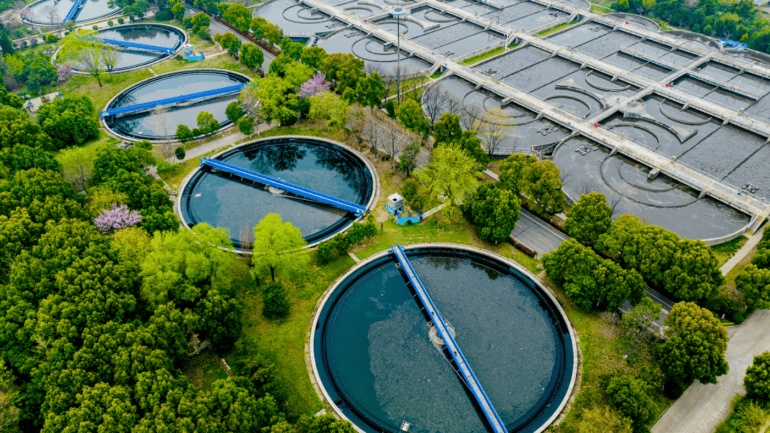Why are we as Australians so hesitant in drinking recycled wastewater when the process is happening in many places across the globe?
Chances are, if you’ve travelled to Singapore, London, and Los Angeles, you’ve gulped down recycled water unknowingly.
And you’re still here to tell the tale.
Listen to today’s episode of The Briefing here:
As Australians, we live on the driest inhabited continent on earth, so, it’s no surprise water security is listed as one of the biggest challenges the country will face in the decades to come.
Cheap drinking water is a key factor in this conversation, as currently most states are choosing desalination plants over recycling wastewater.
It was just last month that Queensland announced it would invest $8 billion to build its second desalination plant – its first of which is located the Gold Coast.
In this episode of The Briefing, Katrina Blowers is joined by water policy expert and Director of Aither Will Fargher to discuss the stigma of recycled water.
Farger said Australia hasn’t been able to cross the path into recycling wastewater but believed it’s “inevitable” the change will happen.
“What we haven’t been able to do so far in Australia is as you say, crosses the threshold into using recycled water for drinking water, and I think that’s inevitable,” he said.
“There is a public perception issue that needs to be addressed… the technology that we have with multiple treatment frames or processes for disinfecting and cleaning water. It’s just incredible.
“We are so advanced in our water treatment now including in desalination. The membranes are so fine at taking out so much out of water that the product we’re left with is so pure that we need to re mineralized it to bring it up to drinking water, and this is the same in water recycling.”
